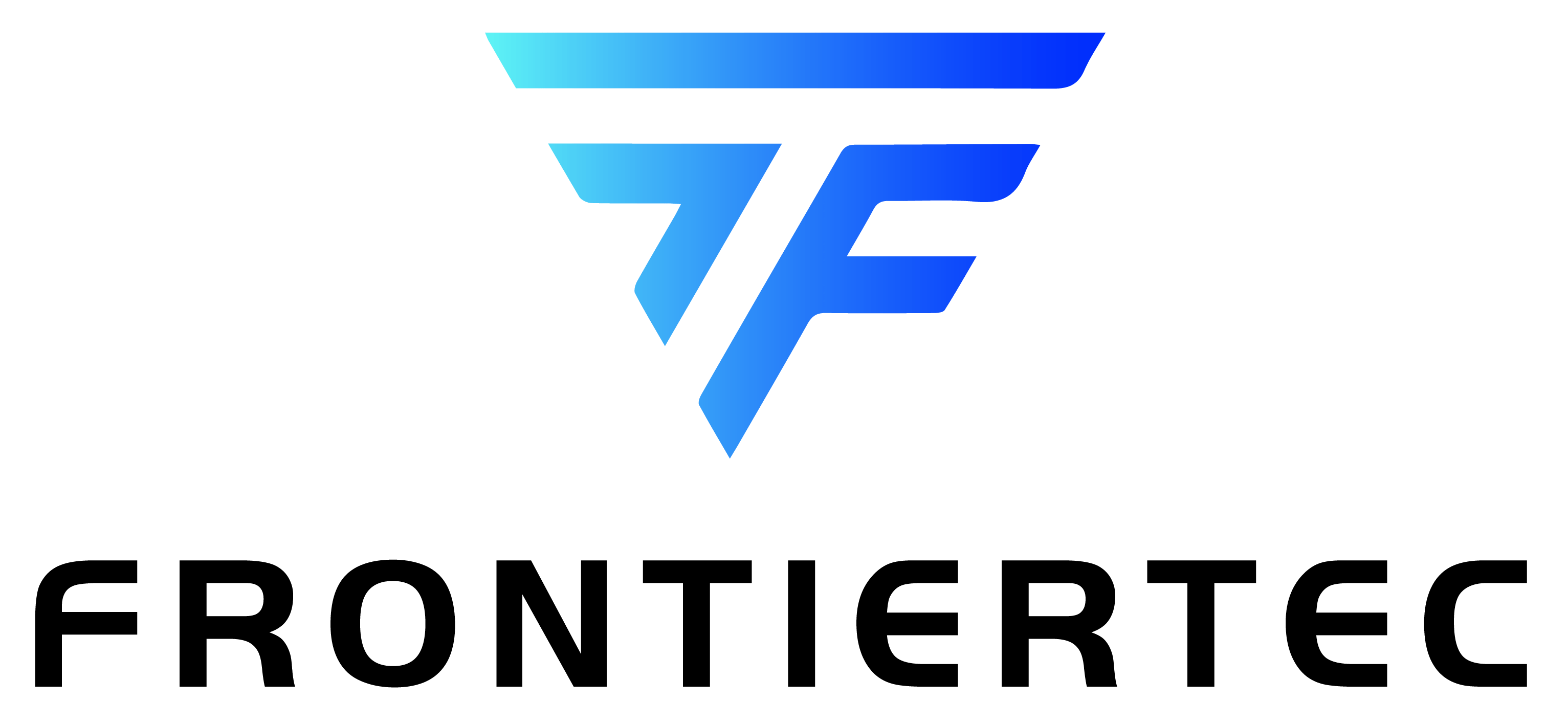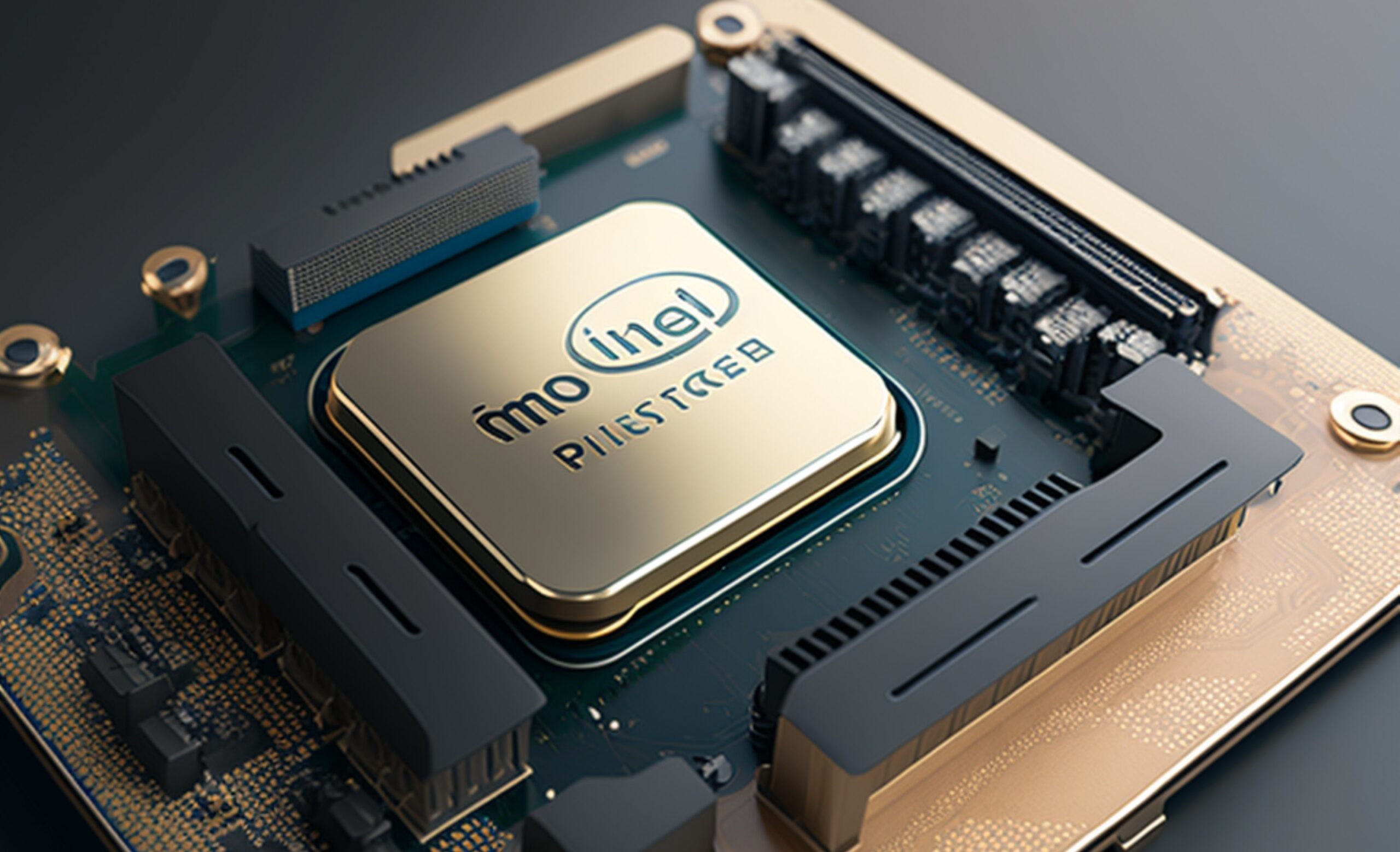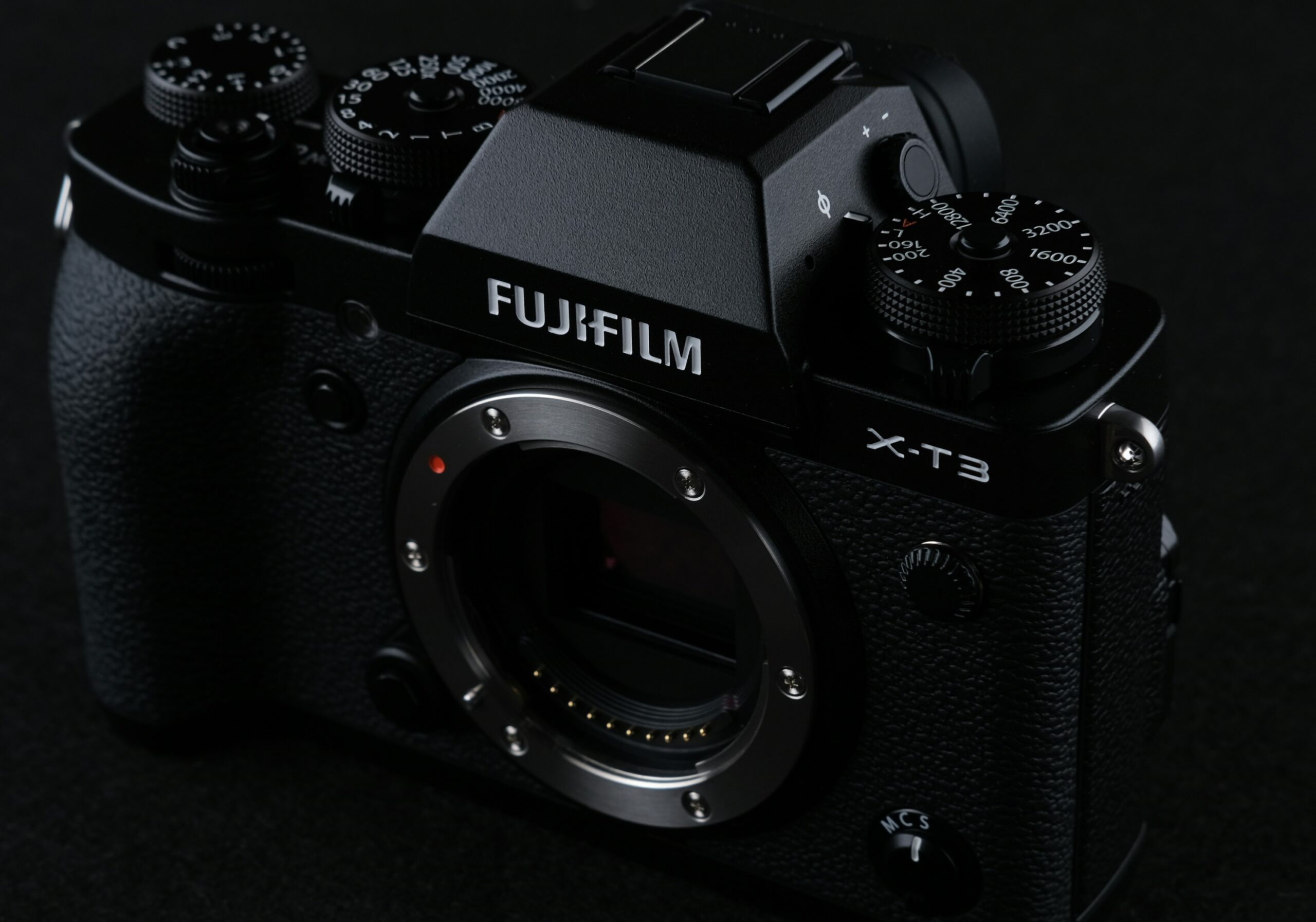This post is also available in:
简体中文 (Chinese)
Intel’s chip dream is being released at an accelerated pace. Signs at CES indicate that Intel is leading the way in the automotive chip industry and trying to find the best place in the industry.
At the beginning of January, CES 2024 was held in Las Vegas, USA, bringing more than 4,000 companies from all over the world together to bring you a “new year” consumer electronics feast.
At the first day of CES 2024, chip giant Intel attracted great attention from the market with its AI chip products for the automotive field.
It is reported that this new AI-enhanced software-defined automotive system-on-chip (SoC) will realize in-vehicle AI functions. At the same time, Intel also announced the acquisition of Silicon Mobility SAS, an automotive chip design company, to promote the full development of the automotive AI chip field.
As Intel’s layout in AI chips and other fields becomes more and more frequent, as well as its big moves in the field of chip manufacturing, its direct competition with chip giants such as Samsung, NVIDIA, and Qualcomm is also unfolding simultaneously, showing its strong ambitions in the field of chip manufacturing and artificial intelligence.
Hand in hand with TSMC, Intel continues to expand the chip layout
In recent years, Intel has been making significant global investments to expand its network of chip manufacturing, packaging, assembly, and verification facilities.
According to foreign media reports at the end of 2023, Intel has joined hands with the Dutch company ASML, which will give priority to the delivery of its newly developed high-numerical aperture extreme ultraviolet lithography machine to Intel. The cutting-edge device costs more than $300 million each, but its powerful capabilities can help manufacturers produce smaller, faster semiconductors that will significantly increase Intel’s competitiveness in chip manufacturing.
According to relevant media reports, in the next few years, Intel will invest at least $80 billion in the development of several chip factories. Currently, Intel’s two factories in Arizona will cost $20 billion, but that’s far from all.
Intel will also spend $25 billion to build a chip factory in Kiryat Gat, Israel, prepare to launch a $30 billion factory in Magdeburg, Germany, Intel will also invest $4.6 billion to build a new factory in Wroclaw, Poland, and invest $13 billion to expand the Lexlip factory in Ireland.
Tens of billions of dollars and $80 billion in investment plans… Intel’s “bet” in the field of chip manufacturing is enough to daunt most companies. What’s even more “terrifying” is that in order to stabilize the industry status of the world’s second largest chip manufacturer, Intel also maintains collaboration with TSMC, the world’s No. 1, and it is not an exaggeration to say that the two are allies.
Goldman Sachs analysts predict that Intel is expected to give TSMC foundry orders of $5.6 billion and $9.7 billion in 2024 and 2025 to strengthen the partnership with TSMC.
What is certain is that under Intel’s agitation and ambition, the competition between him and chip manufacturers such as Samsung, Nvidia, and Qualcomm will reach an unprecedented level of fierceness in 2024 and 2025.
From AI to smart cars and health care, the chip competition situation is full
Intel’s “sword” is the advantage of chip giants such as Samsung, Nvidia, and Qualcomm, and its intention to “grab food” in the competition bowl is very obvious.
For example, in the automotive semiconductor market, Intel’s fight with Qualcomm and Nvidia is inevitable. Since January this year, Intel has successively released the “AI Everywhere” strategy, new automotive SoC products, and announced the acquisition of automotive chip design companies, landing in the advantageous areas of Qualcomm and NVIDIA. This intention to dilute the other party’s market share is obvious, and Intel wants to establish a position in this field.
Currently, Intel has supplied chips for infotainment systems installed in about 50 million vehicles. Intel’s moves are bound to bring uncertainty to the automotive chip market as Nvidia and Qualcomm become the leading suppliers of semiconductors necessary for autonomous driving and upgradable vehicle systems.
It is certain that after mergers and acquisitions and the integration of self-developed technologies, Intel will fully focus on the field of AI automotive chips. In the context of fully embracing ubiquitous AI technology, Intel launched its own brand of automotive intelligent cockpit chips, co-founded Articul8 AI, a B-end generative AI company with DigitalBridge, a global investment company, and Mobileye, a listed company of autonomous driving chips, announced the exploration of the next generation of advanced driving technology.
It is worth noting that in the AI chip market, Nvidia has “sat firmly on the Diaoyutai” with the H100 chip, driving the global generative AI boom. But after Intel’s “AI Everywhere”, it has launched a number of new products, wanting to challenge Nvidia’s leading position and occupy a good position in the era of generative AI.
In addition to AI and automotive chips, cutting-edge fields such as health care are also Intel’s latest directions.
Previously, SiPhox Health, a company that uses silicon photonics to build next-generation lab-grade home health testing products, announced a $27 million funding round. Among them, Intel is one of the investors and the lead investor.
To achieve a low-cost, convenient way to test health, SiPhox Health envisions installing lab-grade health testing equipment in every home using silicon photonics, a semiconductor technology that transforms internet connectivity.
Overall, a series of new products and strategies and investment trends announced by Intel during this period show that the company is going all out to challenge the market position of Samsung, Nvidia, and Qualcomm in the fields of chip manufacturing and AI chips.
From the Gaudi 3 accelerator to the all-new Core Ultra mobile processor, to the fifth-generation Xeon processor with AI computing at its core, Intel has demonstrated its comprehensive layout and capabilities in the AI field. With the continuous development of emerging industries represented by artificial intelligence technology, Intel’s various actions can win more advantages for him in the future global chip industry competition, and the global chip market is likely to usher in the grand occasion of being “shrouded” by Intel in the previous PC era.
(Source: Blue Technology Image source: Unsplash)





